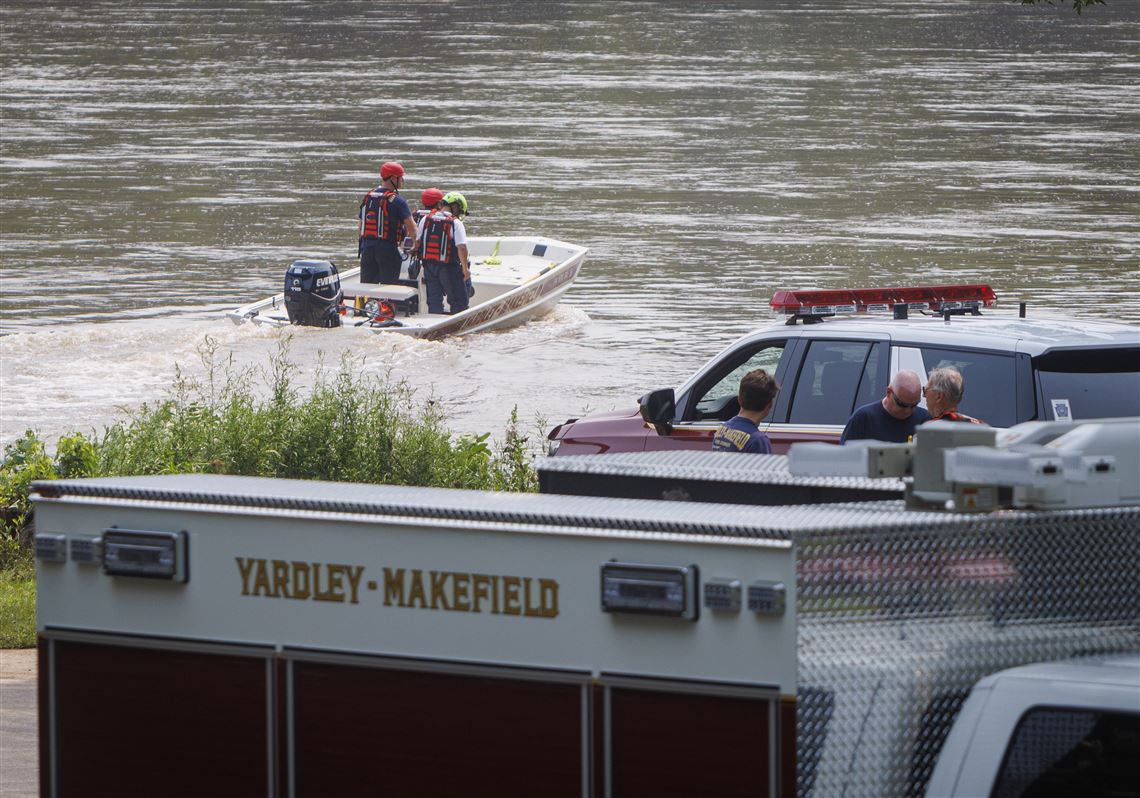Rebuilding Bridges: Bangladesh-Europe Economic Collaboration

Table of Contents
Boosting Trade and Investment
Strengthening the economic ties between Bangladesh and Europe requires a concerted effort to boost trade and investment flows. This involves leveraging existing strengths while exploring new avenues for collaboration.
Ready-Made Garments (RMG) Sector Expansion
Bangladesh's Ready-Made Garments (RMG) sector is a global powerhouse, and its continued success is crucial for Bangladesh-Europe economic collaboration. However, to enhance competitiveness in the European market, a focus on sustainability, ethical sourcing, and higher-value-added products is paramount.
- Increased access to European markets through trade agreements: Negotiating favorable trade agreements can significantly reduce tariffs and other trade barriers, providing Bangladeshi RMG manufacturers with better access to European consumers.
- Investment in technology and skills development within the RMG sector: Upgrading technology, investing in automation, and providing advanced training to the workforce will improve efficiency and product quality. This includes training on sustainable manufacturing processes and ethical sourcing practices.
- Collaboration on sustainable supply chain management: Adopting sustainable practices throughout the supply chain, from raw materials to finished products, is essential for meeting European consumer demand for ethically and environmentally responsible garments. This includes initiatives promoting fair wages and safe working conditions.
Exploring Beyond RMG: Diversification of Exports
While the RMG sector remains vital, diversifying exports is essential for robust Bangladesh-Europe economic collaboration. Several sectors offer promising opportunities:
- Identifying niche markets in Europe for Bangladeshi goods: Exploring niche markets for products like pharmaceuticals, jute products, IT services, and agricultural products (such as tea and spices) can lead to significant export growth. Market research and targeted marketing strategies are crucial here.
- Improving product quality and packaging to meet European standards: Meeting stringent European quality and safety standards is paramount. This requires investment in quality control measures and packaging improvements.
- Strengthening trade promotion and market access initiatives: Government initiatives promoting Bangladeshi goods in European markets, including participation in trade fairs and networking events, are vital for enhancing market access.
Attracting European FDI
Bangladesh’s strategic location, young and dynamic workforce, and improving infrastructure make it an attractive destination for European Foreign Direct Investment (FDI).
- Highlighting government incentives and policies to attract foreign investment: Clear and attractive investment policies, including tax incentives and streamlined regulatory processes, are critical to attracting European investment.
- Improving ease of doing business and reducing bureaucratic hurdles: Simplifying bureaucratic processes, reducing corruption, and ensuring transparency will encourage greater foreign investment.
- Promoting investment opportunities in specific sectors through targeted campaigns: Targeted campaigns highlighting investment opportunities in sectors like renewable energy, technology, and infrastructure development can attract substantial European FDI.
Strengthening Development Cooperation
Development cooperation is a crucial pillar of enhanced Bangladesh-Europe economic collaboration. Focusing on shared goals and mutual support strengthens the partnership.
Sustainable Development Goals (SDGs)
Collaborative efforts towards achieving the Sustainable Development Goals (SDGs) are essential for long-term sustainable development.
- Joint initiatives on climate resilience and adaptation: Given the vulnerability of Bangladesh to climate change, joint initiatives on climate resilience and adaptation are critical.
- Capacity building programs focused on sustainable development: Strengthening institutional capacity and providing training in sustainable development practices will ensure the long-term success of collaborative projects.
- Sharing of best practices in achieving the SDGs: Exchanging best practices and experiences in achieving the SDGs will accelerate progress and benefit both regions.
Human Capital Development
Investing in human capital is paramount for sustainable economic growth. This involves focusing on education, skills development, and training.
- Scholarships and exchange programs for Bangladeshi students: Providing scholarships and exchange opportunities for Bangladeshi students to study in Europe will enhance skills and knowledge transfer.
- Technical assistance and training programs in key sectors: Providing technical assistance and training in key sectors will improve the skills and productivity of the Bangladeshi workforce.
- Focus on vocational training and skill development: Strengthening vocational training and skill development programs will better equip the workforce for the demands of a modern economy.
Infrastructure Development
Improved infrastructure is a cornerstone of economic growth. Collaboration on infrastructure development is vital for Bangladesh-Europe economic collaboration.
- Seeking European investment in infrastructure projects: Attracting European investment in infrastructure projects, such as transportation, energy, and communication networks, is crucial for supporting economic growth.
- Knowledge sharing on sustainable infrastructure development: Sharing best practices and knowledge on sustainable infrastructure development is essential for environmentally responsible growth.
- Collaboration on improving energy efficiency and renewable energy sources: Joint efforts to improve energy efficiency and promote renewable energy sources will help Bangladesh achieve sustainable development goals.
Addressing Challenges and Building Trust
While the potential for Bangladesh-Europe economic collaboration is substantial, addressing challenges and fostering trust is crucial for long-term success.
Trade Barriers and Non-Tariff Measures
Trade barriers and non-tariff measures can hinder bilateral trade. Addressing these challenges is vital.
- Negotiating bilateral trade agreements to reduce tariffs and non-tariff barriers: Negotiating favorable trade agreements can significantly reduce tariffs and non-tariff barriers, leading to increased trade volumes.
- Harmonizing regulations and standards to facilitate trade: Harmonizing regulations and standards will facilitate trade and reduce compliance costs for businesses.
- Strengthening dispute resolution mechanisms: Establishing effective dispute resolution mechanisms will help address trade-related disagreements fairly and efficiently.
Sustainability and Ethical Concerns
Sustainability and ethical concerns are paramount. Promoting fair labor standards and environmental protection is essential.
- Implementing robust monitoring and verification systems: Implementing robust monitoring and verification systems will ensure compliance with ethical and environmental standards.
- Promoting corporate social responsibility initiatives: Promoting corporate social responsibility initiatives among businesses will encourage sustainable and ethical practices.
- Collaborating on initiatives to address environmental concerns: Joint efforts to address environmental concerns, such as climate change and pollution, are crucial for long-term sustainable development.
Political and Security Considerations
Addressing political and security concerns is essential for fostering a climate of trust and mutual understanding.
- Strengthening diplomatic relations and fostering dialogue: Strengthening diplomatic relations and fostering open dialogue will help address any political or security concerns.
- Promoting transparency and accountability in governance: Promoting transparency and accountability in governance will foster trust and confidence.
- Enhancing security cooperation to address shared concerns: Enhanced security cooperation will contribute to a more stable and secure environment, fostering greater economic collaboration.
Conclusion
Rebuilding Bridges: Bangladesh-Europe economic collaboration holds immense potential for mutual benefit. By focusing on diversifying trade, strengthening development partnerships, and addressing critical challenges proactively, both regions can unlock significant economic opportunities. Increased investment in infrastructure, human capital development, and sustainable practices will be crucial for realizing this potential. Let us work together to strengthen this vital relationship and build a more prosperous future through enhanced Bangladesh-Europe economic collaboration. Explore the opportunities and contribute to building a stronger economic bridge today!

Featured Posts
-
 Impatto Dei Dazi Sull Abbigliamento Prezzi Moda Negli Stati Uniti
May 25, 2025
Impatto Dei Dazi Sull Abbigliamento Prezzi Moda Negli Stati Uniti
May 25, 2025 -
 Southern Tourist Destination Reassures Visitors Following Recent Shooting
May 25, 2025
Southern Tourist Destination Reassures Visitors Following Recent Shooting
May 25, 2025 -
 Armando Iannuccis Imagine The Academy A Comedy Writing Masterclass Reviewed By Roland White On Bbc 1
May 25, 2025
Armando Iannuccis Imagine The Academy A Comedy Writing Masterclass Reviewed By Roland White On Bbc 1
May 25, 2025 -
 Flash Flood Warning Issued For Parts Of Pennsylvania Through Thursday
May 25, 2025
Flash Flood Warning Issued For Parts Of Pennsylvania Through Thursday
May 25, 2025 -
 Prominent Maryland Attorney And Advocate George L Russell Jr Dies
May 25, 2025
Prominent Maryland Attorney And Advocate George L Russell Jr Dies
May 25, 2025
